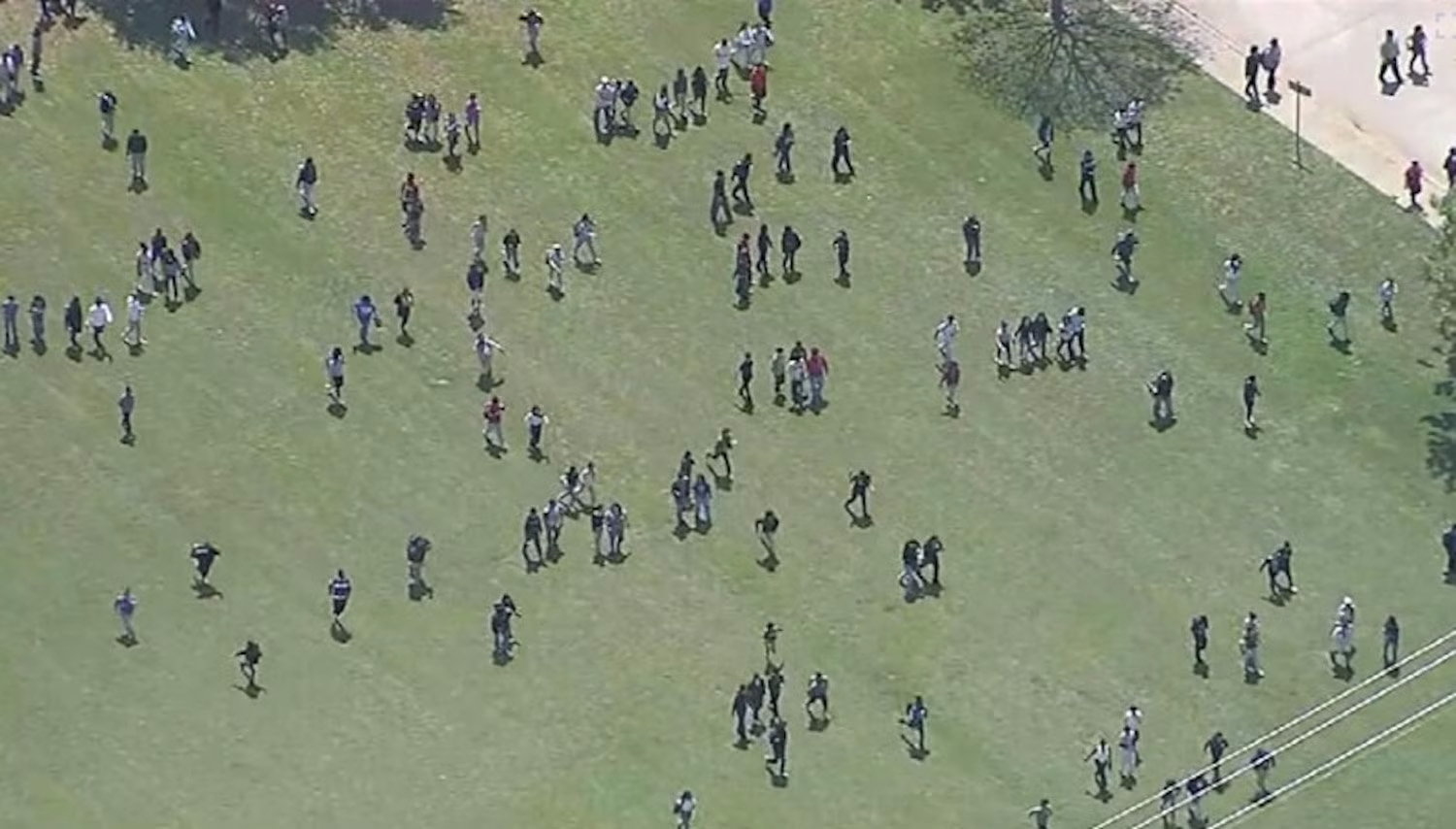What is monkeypox? What to know about virus, symptoms, spread as US confirms 1st 2022 case
The most common symptoms include fever, headache, fatigue and muscle aches.

The United States confirmed its first case of monkeypox Wednesday as European health authorities have identified a number of cases of the rare virus this week, mostly in young men.
Here's a look at monkeypox and where it's spreading.
What is monkeypox?
Monkeypox is a rare disease caused by the monkeypox virus.
It was first identified in 1958 when two outbreaks of a pox-like disease occurred in crab-eating macaque monkeys that were being used for research, according to the Centers for Disease Control and Prevention.
The first case among humans was recorded in the Democratic Republic of the Congo in 1970, and the illness has since spread to several other nations, mostly in central and western Africa.
MORE: 1st monkeypox case in US this year reported in Massachusetts

How monkeypox is transmitted
Monkeypox can transmit from animals to humans when an infected animal -- such as a rodent or a primate -- bites or scratches a person.
The CDC said humans can also be infected when hunting wild animals or preparing bush meat for consumption.
The disease can also spread from person-to-person via large respiratory droplets in the air, but they cannot travel more than a few feet so two people would need to have prolonged close contact.
What are the symptoms?
The incubation period for monkeypox is between seven and 14 days, and symptoms are generally mild, according to the CDC.
The most common symptoms include fever, headache, fatigue and muscle aches.
In more severe cases, patients can develop a rash and lesions that often begin on the face before spreading to the rest of the body.
Most people recover within two to four weeks. Although there have been no cases of death reported in the U.S., monkeypox has led to death in as many as 1 in 10 people in Africa who contract the disease.
Monkeypox in the U.S.
A Massachusetts resident has tested positive for monkeypox, health officials confirmed Wednesday, making it the first case of the rare virus detected in the United States this year.
According to a release from the Massachusetts Department of Public Health, the patient is an adult male who recently traveled to Canada.
The CDC is monitoring the health of six Americans who were on the same flight as a British person who tested positive for monkeypox earlier this month, ABC News confirmed.
This is part of standard contact tracing when there is a disease outbreak. The CDC said none of the people have symptoms and the risk to them is low.
It is possible more cases could emerge now that the CDC and other health authorities are aggressively investigating.
Before this week, very few cases of monkeypox have been identified among Americans.
According to the CDC, the disease does not naturally occur in the U.S. and infections are usually identified among people who recently traveled to countries where monkeypox is more commonly found.
In 2003, 47 confirmed and probable cases were reported among six U.S. states, the first human cases reported outside of Africa.
Monkeypox in the U.K. and Canada
Four more cases of monkeypox were identified in the U.K recently, bringing its nationwide total to nine since the beginning of May.
The most recent infections do not seem to be connected to the first case confirmed May 7 in a person who had recently traveled to Nigeria.
But the most recent four cases had not traveled to a region where monkeypox is endemic, raising the possibility that the virus could be circulating within the U.K.
Additionally, the most recent people to test positive self-identified as gay, bisexual or men who have sex with men, leading health authorities to advise people in those groups to watch out for rashes or lesions.
"This is rare and unusual," Dr. Susan Hopkins, chief medical adviser for UKHSA, said in a statement. "UKHSA is rapidly investigating the source of these infections because the evidence suggests that there may be transmission of the monkeypox virus in the community, spread by close contact."
Hospital officials said they are unaware of any cases in Canada at this time and do not know where the resident may have contracted the disease.
The Associated Press and ABC News' Sony Salzman and Rashid Haddou contributed to this report.










